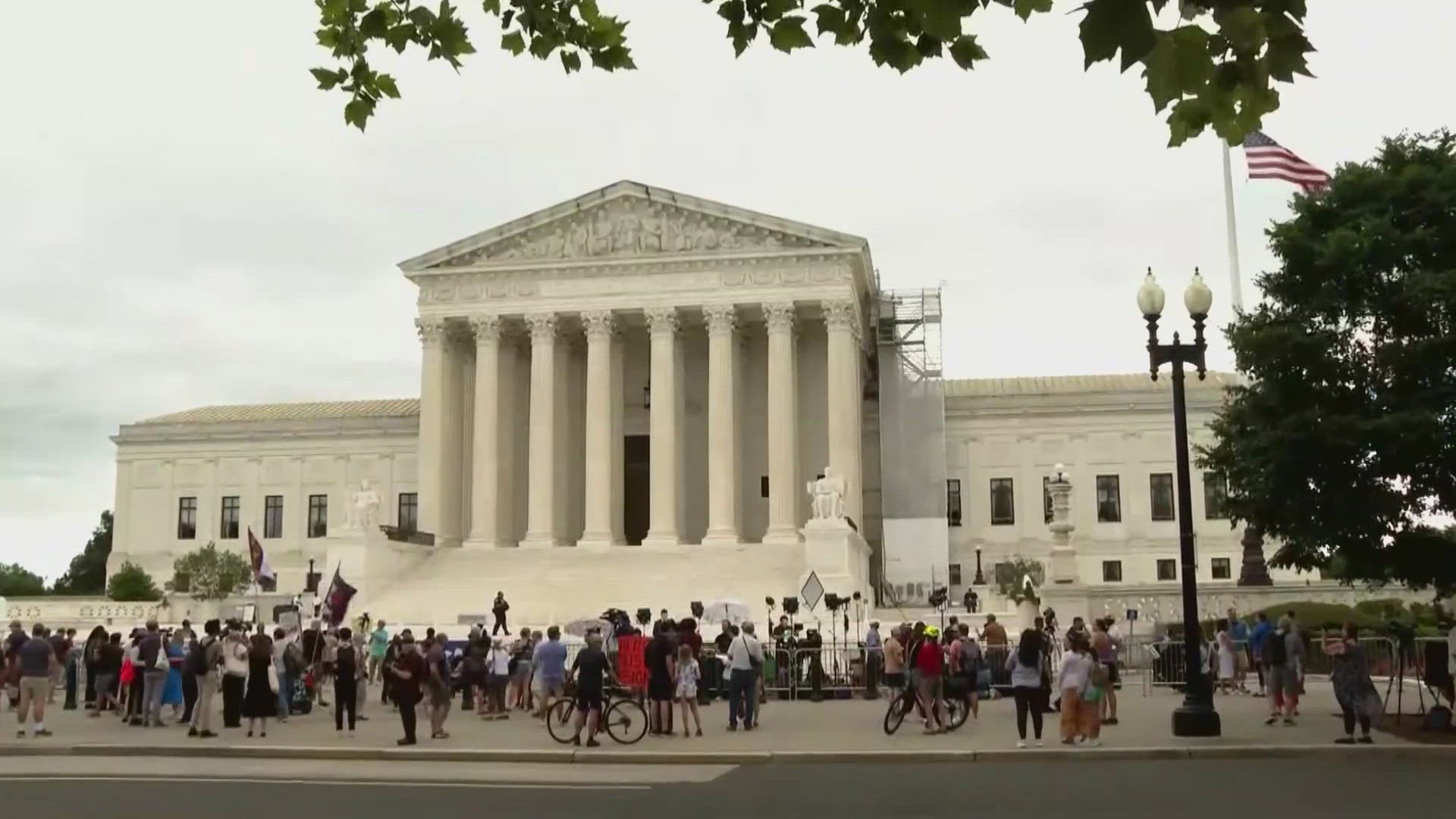WASHINGTON — Special Counsel Jack Smith filed a superseding indictment against former President Donald Trump on Tuesday again accusing him of violating federal law in his efforts to overturn the 2020 election.
The indictment, which was returned by a separate grand jury than the one which heard the evidence against Trump last year, contains the same four counts as the original filed last August.
The 45-page indictment filed last year accused Trump and multiple unnamed co-conspirators of three interlinking conspiracies intended to defraud voters and obstruct the joint session of Congress on Jan. 6 by pressuring former Vice President Mike Pence and members of Congress to reject legitimate electoral votes and accept fraudulent ones from seven states. In its original form, the indictment included lists of specific acts and knowingly false statements prosecutors said Trump took in furtherance of that scheme.
In the new 36-page indictment filed Tuesday, the special counsel’s office replaced many of those details with more general language. The superseding indictment also removed altogether a lengthy section about Trump’s alleged efforts to convince Justice Department officials to send a formal letter questioning the results of the election to targeted states.
In a companion filing Tuesday, the special counsel’s office said the superseding indictment reflected the government’s efforts to “respect and implement the Supreme Court’s holdings and remand instructions in “Trump v. United States.”
In a 6-3 ruling last month, the Supreme Court’s conservative majority found Trump had absolute immunity from prosecution for official acts taken while in office. The court’s decision sharply limited the range of conduct for which a former president may be prosecuted.
Writing for the majority, Chief Justice John Roberts said at least some of the original indictment was explicitly precluded by the court’s decision. He pointed to allegations that Trump had attempted to "leverage the Justice Department's power and authority" by, among other things, asking the acting attorney general to announce unwarranted investigations of the 2020 election to convince contested states to send fraudulent slates of electors to Congress. That, Roberts said, fell squarely within the president's official duties.
"Trump is absolutely immune from prosecution for the alleged conduct involving his discussions with Justice Department officials," Roberts wrote.
Roberts said Trump likely enjoyed presumptive immunity for other aspects of the indictment as well, including his efforts to persuade then-Vice President Mike Pence to use his role presiding over the joint session of Congress on Jan. 6 to overturn the results of the election. Roberts said Trump's public communications on Jan. 6, including a speech he gave at a "Stop the Steal" rally at the Ellipse, also likely fell within the realm of official acts.
Without containing a detailed analysis, the slimmed-down superseding indictment filed Tuesday appeared to be the special counsel’s office first indication of which of Trump’s actions it believes fell outside the realm of official acts. In a section about his Twitter use, prosecutors wrote while Trump, as president, did sometimes use it to communication about official actions and policies, he also “regularly used it for personal purposes – including to spread knowingly false claims of election fraud, exhort his supporters to travel to Washington, D.C., on January 6, pressure the Vice President to misuse his ceremonial role in the certification proceedings and, and leverage the events at the Capitol on January 6 to unlawfully retain power.”
The new indictment also repeatedly refers to the speech Trump gave on Jan. 6 at a “Stop the Steal” rally at the Ellipse as a “campaign speech” – suggesting it, too, fell outside his official duties as president. The indictment refers to the event as a “privately-funded, privately organized political rally.”
The superseding indictment Tuesday is the first substantial action in the case since jurisdiction returned to U.S. District Judge Tanya S. Chutkan’s court earlier this month. Chutkan had ordered the parties to appear for a joint status conference on Aug. 16, but delayed that hearing until Sept. 5 at the request of both the government and Trump’s attorneys.

